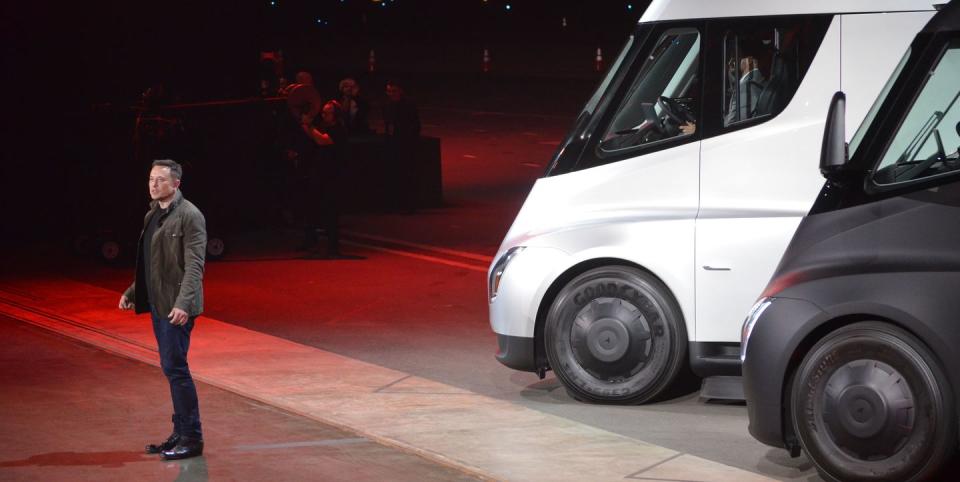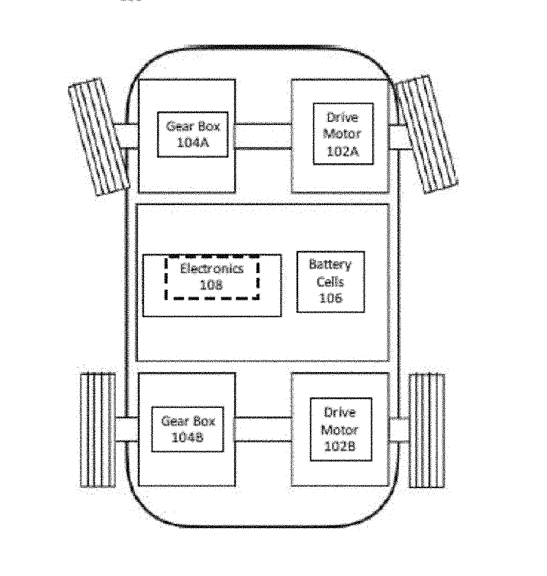Tesla Could Actually Be Developing a Million-Mile Battery

Elon Musk claimed in April 2019 that Tesla cars would last one million miles, more than doubling the current life of a Tesla battery.
A paper from a research team at Dalhousie University in Canada describes a new chemistry that produces batteries that can last for 4000 charge cycles, which it says would be useful for "robotaxis" and autonomous trucking.
Shortly after the paper was published, Tesla patented a new battery with a similar design to the one described in the paper.
Many of Elon Musk's claims can be immediately dismissed. Consider, for instance, his promise to take Tesla private at $420 a share, which turned out to be a weed joke to amuse his girlfriend. But he just may have been telling the truth in April, at Tesla's Autonomy Day event, when Musk said that Tesla would soon have a car that could last for a million miles. A paper released this month by a group of researchers at Dalhousie University in Canada describes just such a battery, and days after the paper was released, Tesla filed a patent to match.

The close timing of the research paper and Tesla's patent doesn't seem to be coincidence. The group at Dalhousie that published the research has an exclusive agreement with Tesla, and one of the researchers, physicist Jeff Dahn, is listed as an inventor on Tesla's patent.
The battery design outlined in the published paper can weather 4000 full charge and depletion cycles with less than a 10 percent loss in capacity over the lifetime of the battery. The paper concludes that this technology could produce batteries that would last more than one million miles in an EV, or for at least two decades if the batteries were part of grid energy storage.
Model 3 drive unit & body is designed like a commercial truck for a million mile life. Current battery modules should last 300k to 500k miles (1500 cycles). Replacing modules (not pack) will only cost $5k to $7k.
— Elon Musk (@elonmusk) April 13, 2019
According to Elon Musk's Twitter account, the battery currently available in the Tesla Model 3 can be expected to last for about 1500 charge cycles, or 300,000 to 500,000 miles. EVs are still new enough to the market in general that we haven't yet seen cars come off the road in significant numbers due to decreased battery capacity. Nissan says the batteries in its Leaf, on sale since 2010, are lasting so long that the company has devised plans to recover and reuse the batteries once owners are ready to buy a new car.
That kind of battery life would be useful in commercial vehicles like taxis and semi-trucks, which not only pack on miles faster than private vehicles but are also more likely to frequently fully deplete and recharge their batteries (most commuters only use about 25 percent of their EV's battery capacity on a given day, the study notes). Tesla says it is planning an electric semi, with production promised by the end of 2020.
You Might Also Like

 Yahoo Finance
Yahoo Finance 